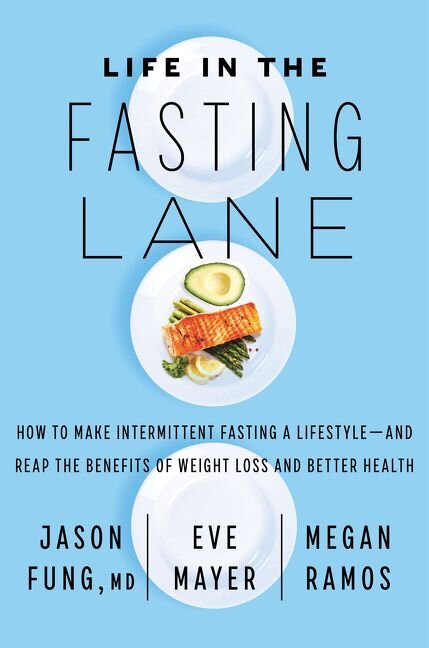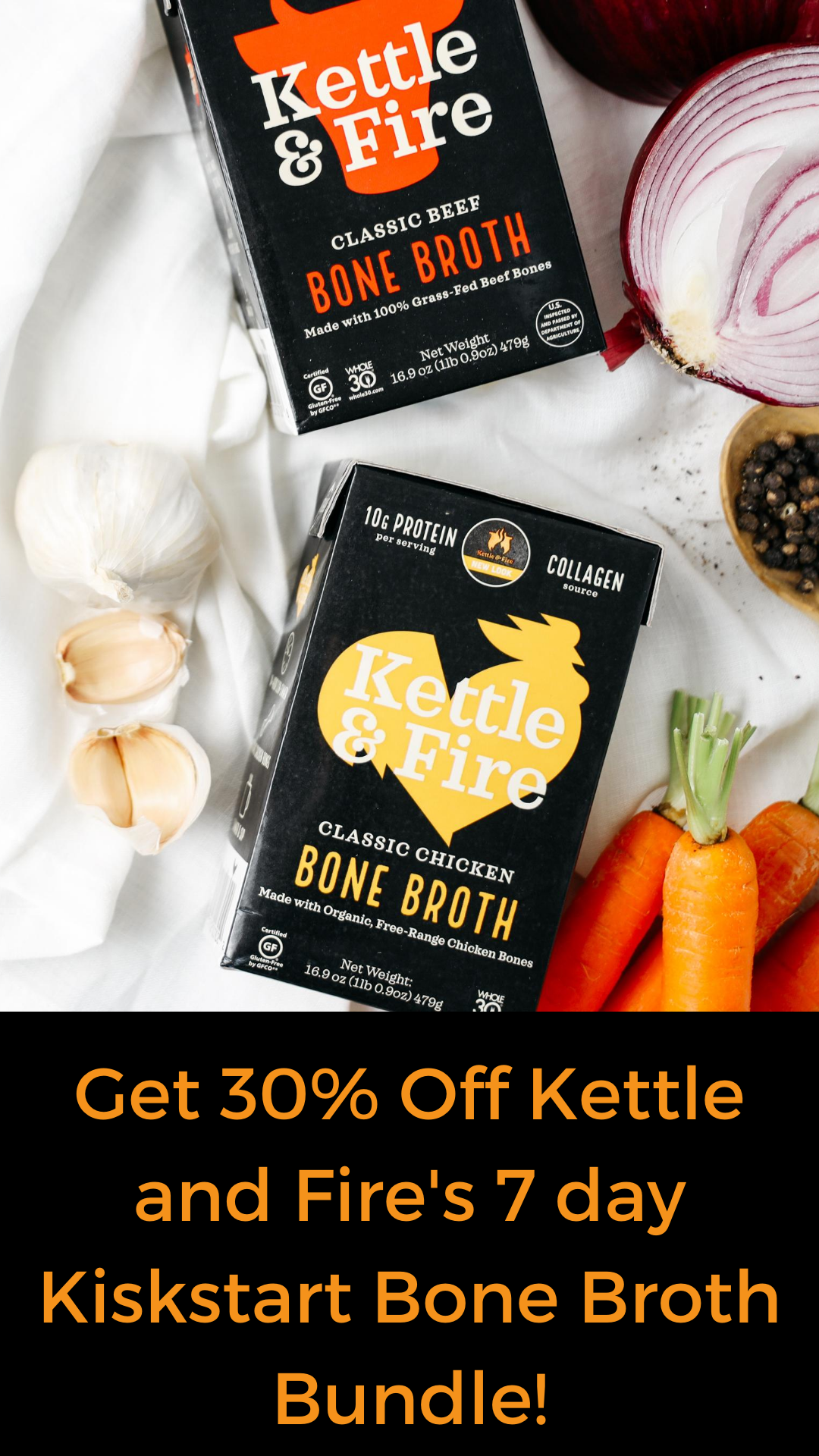The Brain Needs Animal Fat
/When you think of animal fat, what comes to mind? Unsightly blobs of cellulite? Artery-clogging strips of gristle to be trimmed off your steak and tossed into the trash? Or a sophisticated substance that contains within it the secret to human intelligence?
Fun facts about fat
We think of fat as bad—the less of it we eat, and the less of it we carry on our bodies, the better—but this isn’t the right way to think about it. Fat is not just for insulation and energy storage, it’s also for nutrient absorption, cell signaling, immune function and many other critical processes. Many people think the main difference between plant and animal fats is that animal-sourced foods contain more saturated fat, but here are a few fun fatty facts that may surprise you:
All whole plant and animal foods naturally contain a mixture of saturated and unsaturated fats.
Some plant foods are higher in saturated fat than animal foods, with coconut oil topping the charts at 90 percent saturated fat. That’s more than twice the saturated fat found in beef fat (tallow).
The primary type of fat found in pork is a monounsaturated fatty acid (MUFA) called oleic acid, the same fat found in olive oil.
For decades now, we’ve been told to avoid saturated fats—particularly those from animal foods—and to consume “heart-healthy” cholesterol-free fats from plant foods such as seeds, nuts, and olives. Public health officials say these magical plant fats are rich in important PUFAs (polyunsaturated fatty acids) that the human body cannot manufacture and therefore must be obtained from the diet:
the essential dietary omega-3 is called Alpha-Linolenic Acid (ALA for short)
the essential dietary omega-6 is called Linoleic Acid (LA for short).
What often goes unsaid is that both ALA and LA are found in a wide variety of both plant and animal foods, so it is rather easy to obtain both of these PUFAs, regardless of your dietary preferences, so long as you are including enough fat in your diet.
But here’s the rub: our bodies really aren’t looking for ALA and LA; they’re looking for something better. ALA and LA are considered “parent” omegas because they are used to manufacture the omegas we actually need: EPA, DHA and ARA—none of which exist in plant foods.
Read the entire article published on Psychology Today.












